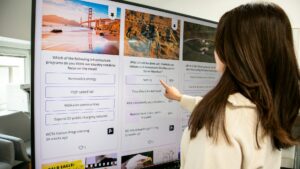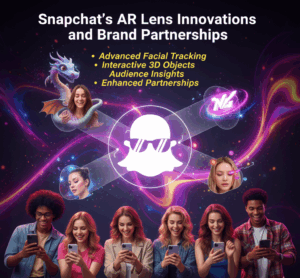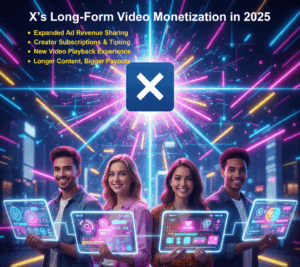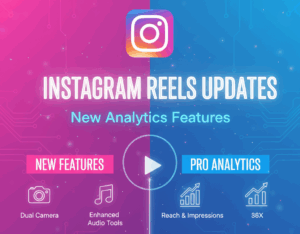The next major integration will be between social media and online learning.
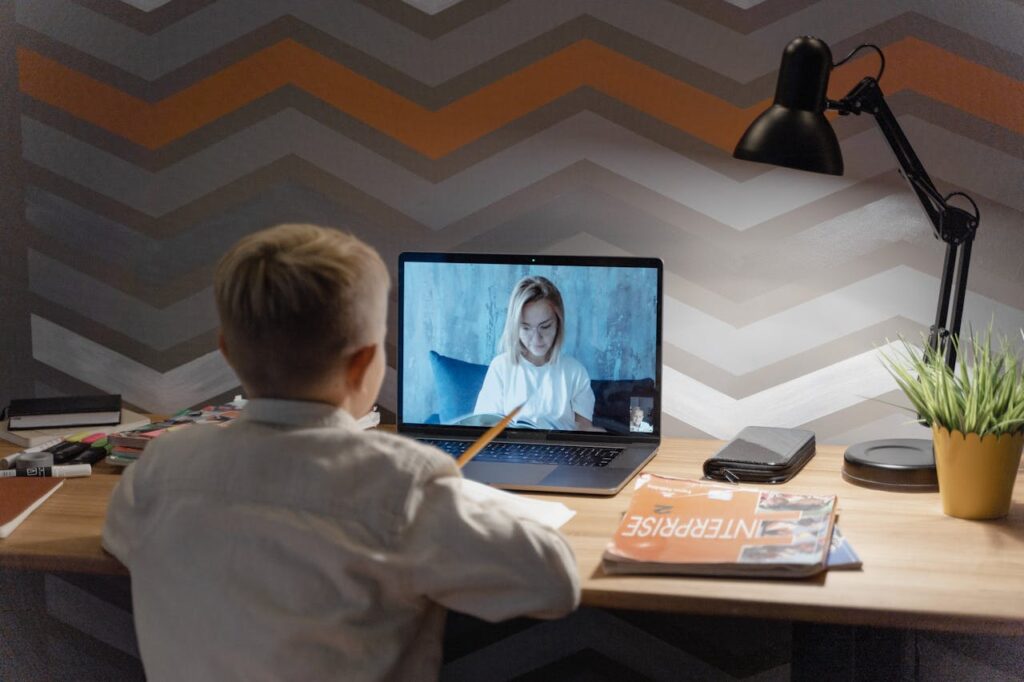
The next major integration will be between social media and online learning.
Education has always progressed in tandem with technological advancements, and the next significant change is going to take place in 2025 as a result of the combination of social media and online education. A phenomenon that was formerly seen as a source of distraction in educational settings is now being used as a tool for fostering collaboration, interactive learning, and the exchange of information on a global scale. The platforms of social media are no longer only centers of amusement; rather, they are becoming into digital campuses where education and community come together.
1. The Growing Influence of Social Inquiry
The traditional method of e-learning has often been criticized for its lack of contact, which causes students to feel as if they are alone behind their screens. By encouraging peer-to-peer conversations, group initiatives, and collaborative feedback, the incorporation of social media brings about a shift in this situation. A growing number of online platforms, such as LinkedIn, Discord, and even TikTok, are evolving into digital classrooms in which students actively participate rather than just absorb information.
2. The Use of Short-Form Content as a Teaching Instrument
TikTok lessons, YouTube Shorts, and Instagram Reels are examples of the kind of bite-sized videos that are making increasingly difficult concepts more accessible to viewers. By using micro-learning methodologies, educators and producers are able to teach topics in forms that are both rapid and engaging, which are suitable for students with short attention spans while also igniting interest for further in-depth study.
3. The merging of social media and gamification
E-learning systems have already been improved via the use of gamification, but the incorporation of social media pushes it even farther. On social platforms, learning may be transformed into a socially rewarding experience via the use of badges, leaderboards, and accomplishments that can be shared. The students now celebrate their successes in public, which encourages healthy competition and serves as a source of incentive.
4. Communities that are Promoting the Exchange of Knowledge
Communities dedicated to education are flourishing on platforms such as Reddit, Facebook Groups, and Discord channels. Students have the opportunity to ask questions, exchange resources, and get help in real time via the use of these venues. Because of this feeling of community, e-learning goes from being a solo journey to being an experience that is shared by a group of people.
5. The Role of Influencers in Education
Social media platforms are being used by education influencers, who include educators, professionals, and content providers, in order to disseminate their knowledge to large audiences. In the process of democratizing education, influencers are making high-quality information available to a wider audience at no cost. This includes anything from language instruction to coding pointers.
6. Learning that is Personalized and Powered by AI
Artificial intelligence is being used by social media platforms in order to deliver individualized suggestions based on the actions of users. Courses, tutorials, and study groups that are linked with a learner’s objectives are now being recommended by algorithms in the same way that they previously suggested entertainment material. Learning becomes more effective and interesting when it is presented at this level of personalization.
7. Live Streaming for Interactive Classroom Training
One of the most effective ways to bridge the gap between conventional classrooms and digital platforms is via the use of live streaming. Lessons may be delivered in real time via platforms such as Instagram Live, YouTube, or LinkedIn. These platforms allow students to not only listen to the instructor but actively participate in the class by asking questions, voting on polls, and having conversations.
8. Instruction of Businesses Through the Use of Social Media
Additionally, businesses are showing a strong interest in the combination of social platforms and online learning. These days, employers are encouraging their workers to participate in interactive training sessions, webinars, and discussion groups that are hosted on platforms that are already known to them. Previously, they relied entirely on static training modules.
9. The Availability of Education Around the World
Because of the worldwide accessibility of social media, acquiring knowledge is no longer restricted by geographical location. Education has become really borderless as a result of the ability of students from various nations to communicate with one another, share their cultural perspectives, and work together on global initiatives.
10. Obstacles that Social Media Presents in Online Education
Integration presents a number of problems in addition to the potential it delivers. It is still a huge problem because distractions, false information, and worries about privacy exist. It is necessary to have clear limits and good digital literacy abilities in order to successfully combine educational content with fun on the same platform.
11. The Importance of Virtual Reality and Augmented Reality in Social Learning
These immersive group learning environments are being created via the combination of social platforms, virtual and augmented reality, and other technologies. As a result of the ability to visit virtual classrooms, perform lab experiments, or tour historical locations together in real time, education has become more immersive.
12. The Internet as a Digital Campus: The Future of Social Media
It is possible that in the not too distant future, social media will serve as an educational ecosystem that is fully integrated. Imagine logging into a platform that not only allows you to connect with friends, but also allows you to attend live classes, access learning communities, and showcase your academic achievements to potential employers—all within the same digital space.
It is more than just a trend; the combination of social media and online learning is the way of the future in the field of education. These platforms are making learning more interactive, global, and deeply engaging by combining knowledge with connectivity between people and information. This combination offers a one-of-a-kind opportunity for students, teachers, and businesses to rethink the ways in which information is disseminated and experienced in the modern era of digital technology.
Classrooms are no longer confined to the four walls of a building in the year 2025; instead, they are present in our pockets, feeds, and networks. It is not the question of whether or not social media will revolutionize education; rather, the question that needs to be answered is how rapidly it will reshape the future of education for everyone.

